Meaning and Ethics in Ecological Economics
By Haydn Washington
The True Meaning of Ecological Economics
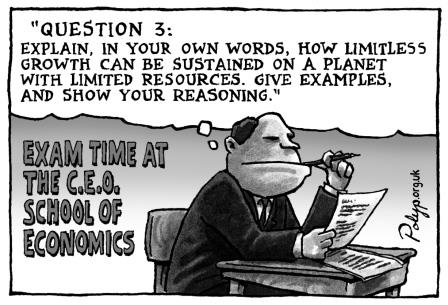
(Credit: Polyp)
Ecological economics has a problem: Pluralism is out of control, to the extent that “ecological economics” is starting to mean different methods, approaches, and values to different people. We need to know precisely what we mean by “ecological economics,” and to settle upon an ethical framework thereof.
The original thinkers in ecological economics, such as Herman Daly, were clear that ecological economics was an economics that operated within ecological limits. However, recent models associated with ecological economics do not make this clear, as seen in the following table:
Table 1: Models Associated with Ecological Economics
| Model associated with ecological economics | Focus on population? | Focus on reducing resource use? | Focus reducing consumerism and advertising? | Focus on equity? | Refuses to be an “engine of growth?” |
| Steady state economy | Yes | Yes | Yes | Yes | Yes |
| Degrowth | Mixed—depends on author | Yes | Yes | Yes | Yes |
| Social ecological economics | No | Yes | Unclear, but Spash (2012) argues yes | Yes | Yes, though controlling growthism not key focus |
| Circular economy | No | Yes | No | Yes | No |
| Green economy | No | Yes | No | Yes | No |
| Sharing economy | No | Yes | Yes | Yes | Unsure |
| Doughnut economics | No | Yes | Mentioned then ignored | Yes (key focus) | Growth “agnostic” |
Population and Consumerism: Missing Factors in Today’s Models of Ecological Economics
The key problem indicated by the table above regards population and consumerism. Many so-called ecological economics models do not emphasize either factor. Discussion of population, especially, seems to be taboo! Proponents of all models want to reduce resource use, yet many fail to discuss or seek to change consumerism. All models address the need for greater equity (at least for humans). However, only two models are clear that they are not complicit with further economic growth (the steady state economy and degrowth).
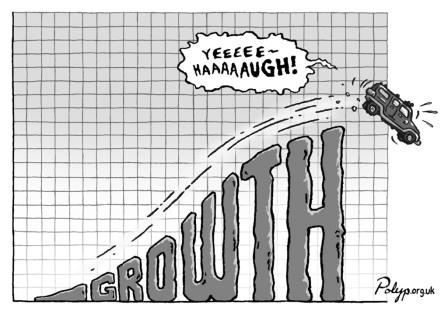
(Credit: Polyp)
Environmental scientists use the IPAT formula—Impact = Population x Affluence x Technology—to assess environmental impact. Accordingly, society cannot live within ecological limits if it ignores population as a driver of impact. Similarly, seeking to reduce resource use without tackling the worldview of consumerism is bound for failure. Yet, many models that are loosely described as part of or congruent with ecological economics fail to describe an economy that would actually operate within ecological limits. We must establish, clearly and unambiguously, that operating within ecological limits is the meaning of ecological economics. That means we must stop the denial regarding population and consumerism.
A Call to Create a “New” Ecological Economics
The other major problem ecological economics must face pertains to its worldview and ethics. Clive Spash notes that an all-encompassing pluralism has led to incoherence and a brushing over of fundamental conflicts among various worldviews. I believe it is time for a “new” ecological economics which foregrounds ecocentrism, ecological ethics, and ecojustice. An emphasis on these themes can assist society in reaching a sustainable future where it accepts nature’s intrinsic value and extends respect to, and an obligation to protect, the nonhuman world.
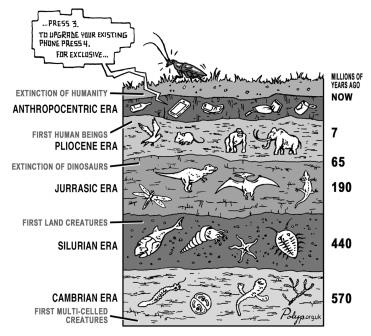
(Credi: Polyp)
The model from Table 1 that comes closest to foregrounding ecological ethics is the steady state economy. Most of the other models explicitly (or implicitly) represent a strong anthropocentric bias. With regard to any model, however, ecological economics should break free from neoliberalism, including the commodification of nature. The idea of “People’s Contributions to Nature” needs to replace the anthropocentric “Nature’s Contributions to People” (also known as “ecosystem services”).
Given the themes of ecocentrism, ecological ethics, and ecojustice, a research agenda for ecological economics will adhere to the following:
- Adopt ecocentrism and ecological ethics to give ecological economics the coherent vision that it has lacked since its inception.
- Investigate to what extent ecological economics has been influenced by anthropocentrism and subsumed by neoliberal ideology.
- Emphasize ecological limits while tending to ecological ethics and ecojustice. This includes a focus on the key drivers of population and consumption.
- Explore connections with Earth jurisprudence, particularly the broader call for systemic government reform.
- Embrace ecojustice and integrate it with social justice.
- Study what the economics of an ecologically sustainable (or regenerative) agriculture might be (e.g., organic farming, agroecology, permaculture, etc.).
- Apply ecojustice to nature conservation through the support of the “Nature Needs Half” vision where half of terrestrial lands are protected in conservation reserves.
- Examine to what extent the commodification of nature is driven by anthropocentric and neoliberal ideology and ethics.
- Investigate the deep denial in society and orthodox economics (and also perhaps lurking in some corners of ecological economics) of limits to economic growth.
- Determine why society and governments—if they speak at all of “justice”—speak only of social justice and ignore the need for ecojustice for nonhuman nature.
- Examine the concept of ecodemocracy, where nature is given representation in governance systems.
Completing this agenda will bring us closer to adopting the only model that emphasizes ecological limits, provides an ethical framework, and strives for ecojustice: the steady state economy. Only when we have a steady state economy, virtuous to nature, will the earth thrive again for its human and nonhuman occupants.
For more information on ethics in ecological economics, check out these works below:
Burkey, T.V. 2017. Ethics for a full world: or, can animal-lovers save the world? Clairview Books, West Sussex, UK.
Washington, H. and M. Maloney. 2019. The need for ecologic ethics in a new ecological economics. Ecological Economics 169.
Washington, H., I. Lowe, and H. Kopnina. 2019. Why do society and academia ignore the Scientists Warning to Humanity on population? Journal of Futures Studies.
 Dr. Haydn Washington is an environmental scientist and writer with a 40-year history in environmental science. He also writes extensively on ecological economics and ecological ethics. He is an Adjunct Lecturer in the PANGEA Research Centre, University of New South Wales. His books include Climate Change Denial: Heads in the Sand (2011 with John Cook), Human Dependence on Nature (2013), Demystifying Sustainability (2015), A Sense of Wonder Towards Nature, (2018) and What Can I Do to Help Heal the Environmental Crisis? (2020). He is the co-editor of the 2019 Springer book Conservation: Integrating Social and Ecological Justice. Haydn is Co-Director of the NSW CASSE Chapter, board member of the Colong Foundation for Wilderness, and on the advisory boards of the journals Ecological Citizen and Sustainability. He is also on the Steering Committee of the new group “GENIE” (www.ecodemocracy.net).
Dr. Haydn Washington is an environmental scientist and writer with a 40-year history in environmental science. He also writes extensively on ecological economics and ecological ethics. He is an Adjunct Lecturer in the PANGEA Research Centre, University of New South Wales. His books include Climate Change Denial: Heads in the Sand (2011 with John Cook), Human Dependence on Nature (2013), Demystifying Sustainability (2015), A Sense of Wonder Towards Nature, (2018) and What Can I Do to Help Heal the Environmental Crisis? (2020). He is the co-editor of the 2019 Springer book Conservation: Integrating Social and Ecological Justice. Haydn is Co-Director of the NSW CASSE Chapter, board member of the Colong Foundation for Wilderness, and on the advisory boards of the journals Ecological Citizen and Sustainability. He is also on the Steering Committee of the new group “GENIE” (www.ecodemocracy.net).

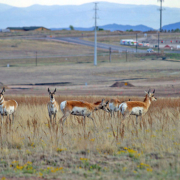


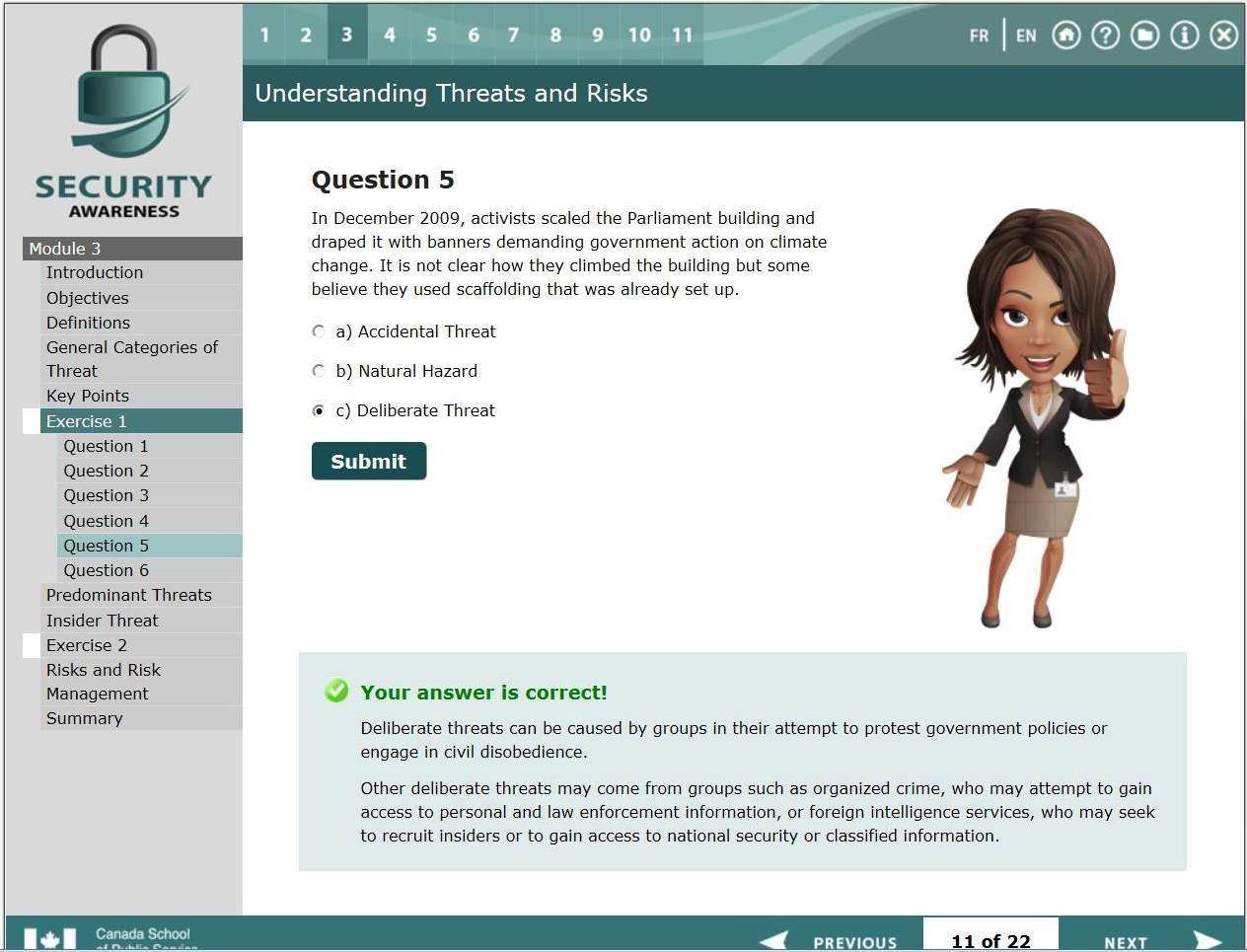



Good article, thank you. I *think* what happens is that people become deathly afraid that any mention of population as a problem implies racism or nativism. And thus people who should know better panic a little about that, wave their hands and assert that arithmetic must be momentarily suspended in the formulas below:
Total resource consumption = (average consumption per person) X (population)
Total waste output = (average waste per person) X (population)
To spell it out: the people within the variable “population” can be whatever composition one wishes, one just can’t have too many of them!
Your little calculation also says that really the term overpopulation should be replaced by overshoot.
When we are arguing about the overexploitation of resources by a population in its ecosystem, we need to look at USA and Europe and be really quiet about asian and african countries whose ressources are exploited by the west and they still stay below the carrying capacity of their ecosystems. Any failure to do so, has its roots in racism.